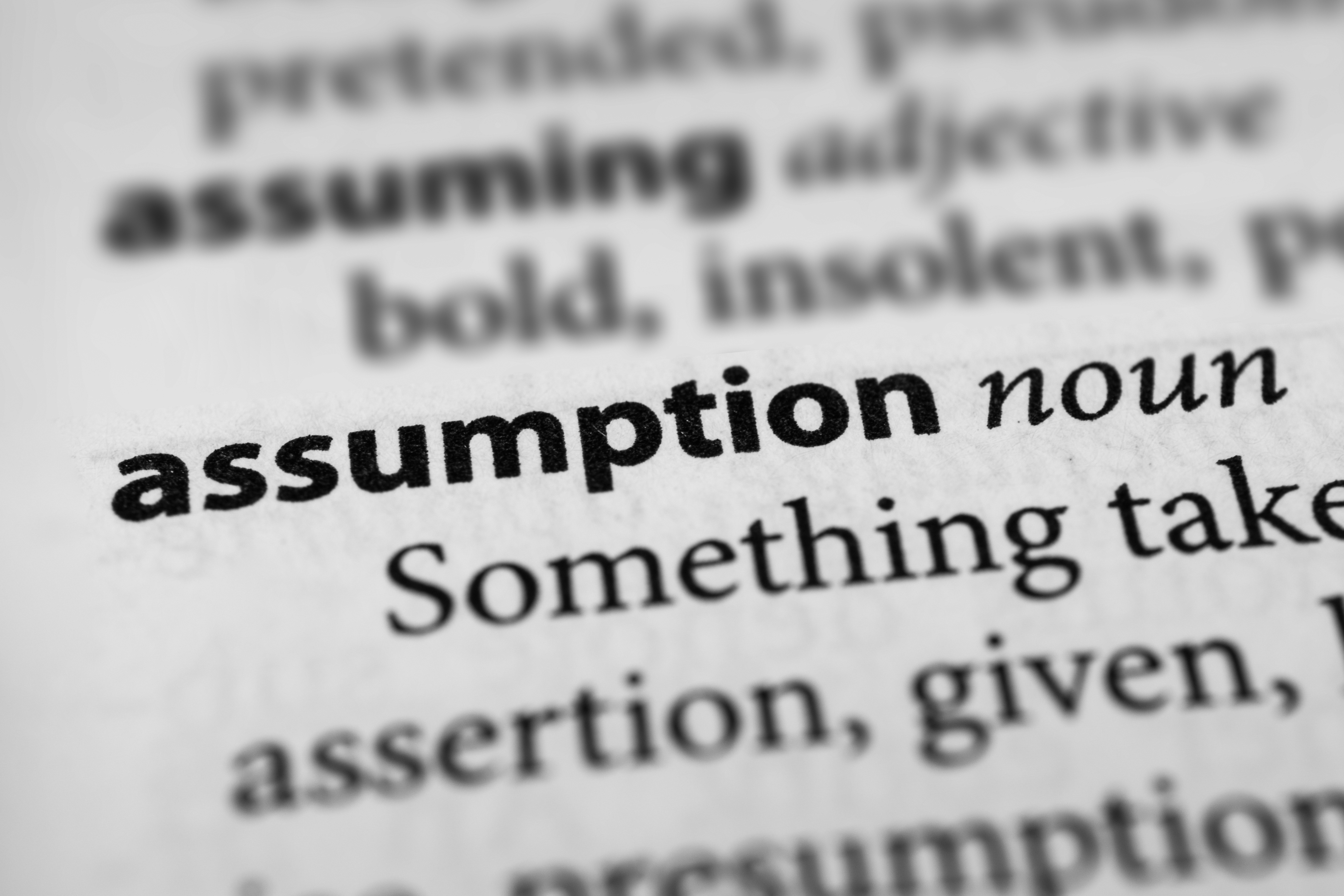Shortly after taking office, Governor Newsom directed the California Geologic Energy Management Division (CalGEM) to consider whether the state needed to mandate setbacks, or buffer zones between oil and gas wells and other land uses.
The process was meant to be informed by input from the public, other regulatory agencies, health experts, and CalGEM staff.
Newsom hailed the effort at a September 2020 press conference:
“We believe in science, not anecdote, not opinion. We believe in science. We’re driven by science … We believe in science-based rulemaking. And that rulemaking is underway through CalGEM, which is the regulatory agency in this space to put in place a framework around health and safety standards as well, and the possibility of mitigation zones.”
But now, after years of regulatory work and community meetings that generated more than 40,000 public comments, the Governor is pushing the legislature to unilaterally mandate setbacks on a whim with the last-minute SB-1137 – a move that would circumvent the science-driven process that he allegedly once believed in.
Why the sudden change in heart?
Perhaps because – despite the claims of oil and gas shutdown advocates – the science on setbacks is not clean-cut. Studies have failed to support a rationale for statewide setbacks in California.
For instance, in 2019, an exhaustive review of government reports and studies conducted by the City of Los Angeles Office of Petroleum and Natural Gas Administration and Safety concluded:
“There is a lack of empirical evidence correlating oil and gas operations within the City of Los Angeles to widespread negative health impacts. The lack of evidence of public health impacts from oil and natural gas operations has been demonstrated locally in multiple studies by the Los Angeles County Department of Public Health, the Los Angeles County Oil & Gas Strike Team, the South Coast Air Quality Management District and the comprehensive Kern County Environmental Impact Report and Health Risk Assessment.”
In the discussion of the scientific record, the Los Angeles Petroleum Administrator explicitly dismissed “any public panic or belief in a widespread public health crisis” caused by oil and gas production.
Furthermore, setback proponents have built their case on flawed comparisons to jurisdictions like Texas and Colorado and ignore how California oil and gas are already produced under the strongest environmental regulations and emission controls on the planet.
But unlike the dubious rationale for statewide setback mandates, the impacts that shutdown proposals like SB-1137 would have on California are not in question:
- A statewide setback mandate would have devastating economic consequences, with analyses predicting well over 100,000 job losses.
- Requiring setbacks would effectively shut down oil and gas production in California, leading the state to fully depend on foreign oil imports for basic energy needs. The current energy crisis in Europe shows how foreign energy dependence can lead to supply interruptions and price spikes in an unstable world.
- Economists question the environmental effectiveness of cutting in-state production, arguing that setbacks will replace California oil with imports that must be shipped by tanker from foreign countries that don’t have our same stringent regulations to protect public health and the environment.
- Fully depending on foreign oil will require port expansions and refinery reconfigurations, adding billions in additional costs to families and businesses already struggling after months of skyrocketing gas prices and devastating inflation.
The current version of Governor Newsom should take notes from his former self. Californians deserve energy policies based in science.


